Nanobattery Roundup
Researchers are developing nano-sized batteries to power medical devices and miniature robots.

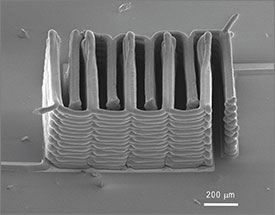
Researchers are developing nano-sized batteries to power medical devices and miniature robots.
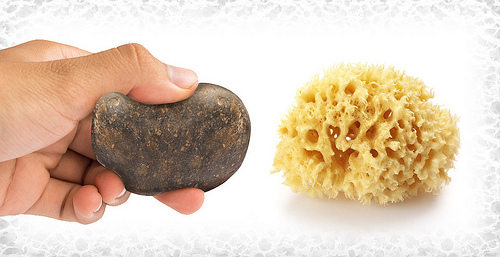
Under the right conditions, a material can actually expand and become less dense under pressure.
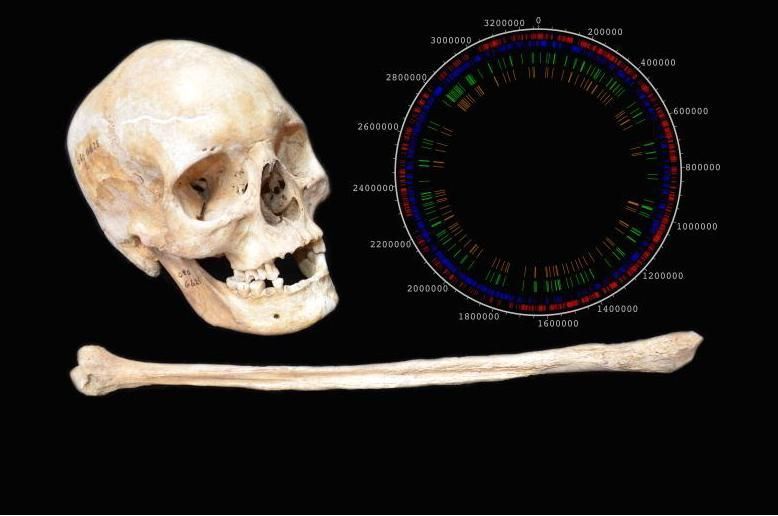
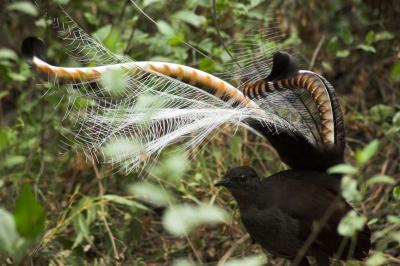
The superb lyrebird of Australia combines its songs with specific dance moves to create an elaborate courtship ritual.
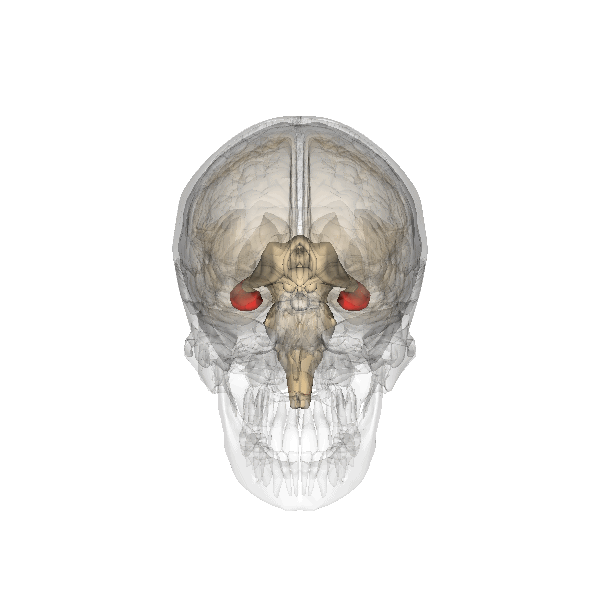
Nuclear testing in the mid 20th century is helping scientists understand how the brain makes new neurons.
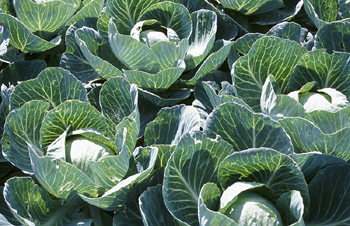
Keeping produce on a normal day/night schedule could improve its nutritional value.
The ability to track the motion of small objects is surprisingly well-correlated with IQ.
Microscopic organisms represent a vast, unexplored territory for biologists trying to understand the earth’s ecology—including the ecology inside our …
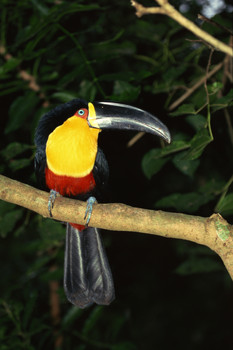
When large animals like toucans are removed from tropical rainforests, the trees suffer.

Scientists have calculated how much radiation astronauts would face on a manned Mars mission – and it's a lot.
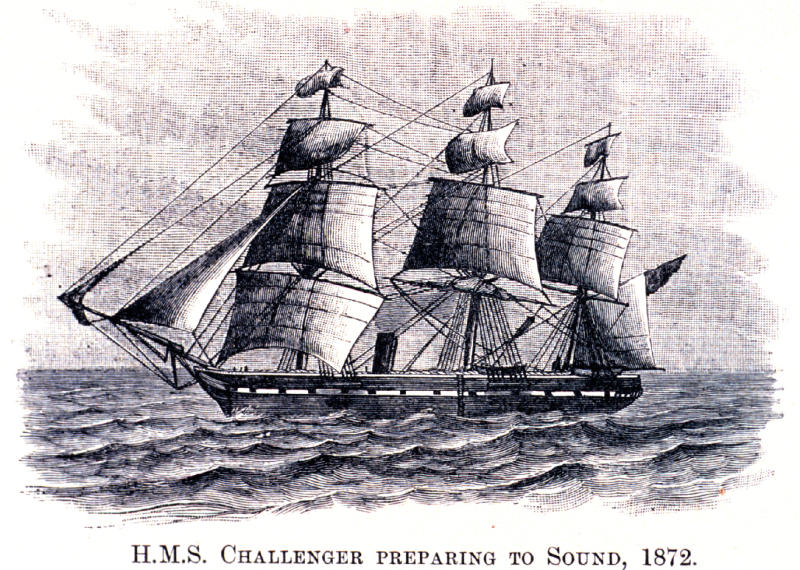
Ocean temperature records from a ship that circumnavigated the globe 135 years ago confirm global warming.
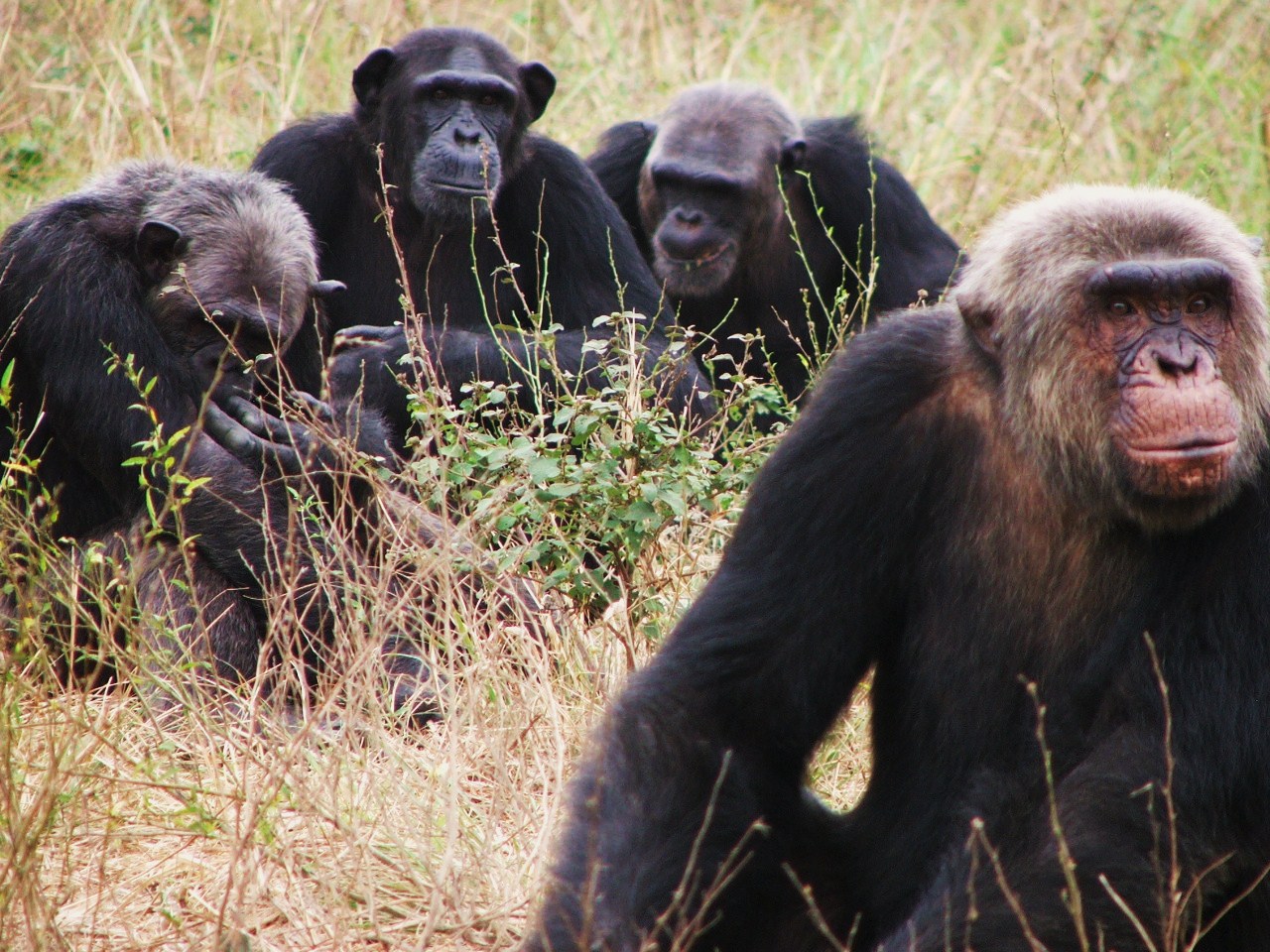
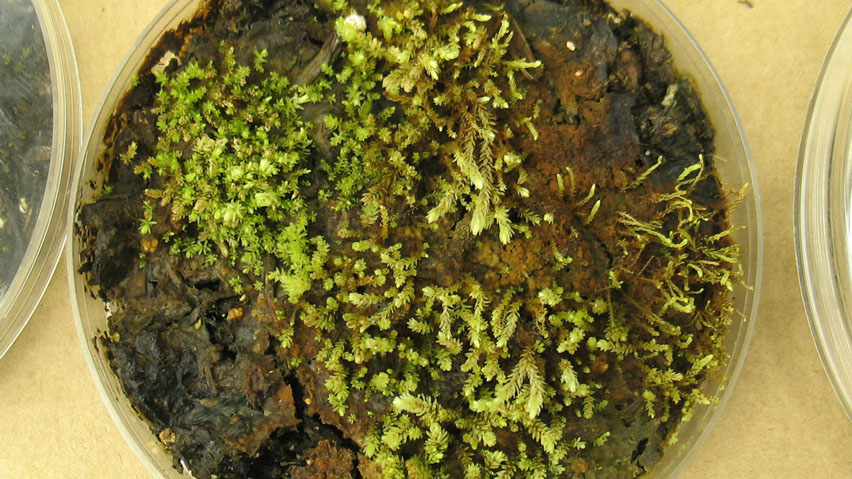
Plants that were frozen in glaciers 400 years ago are growing again as those glaciers melt away.
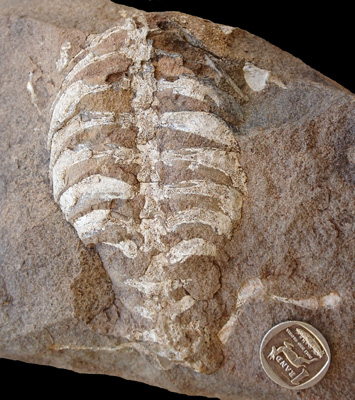

Researchers discover why chemotherapy makes women infertile – and hopefully, how to stop it.
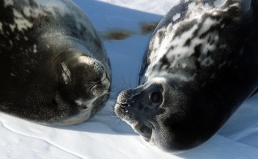
Obese and diabetic mice have less of a certain gut bacteria, and replenishing the bacteria helps them lose weight.
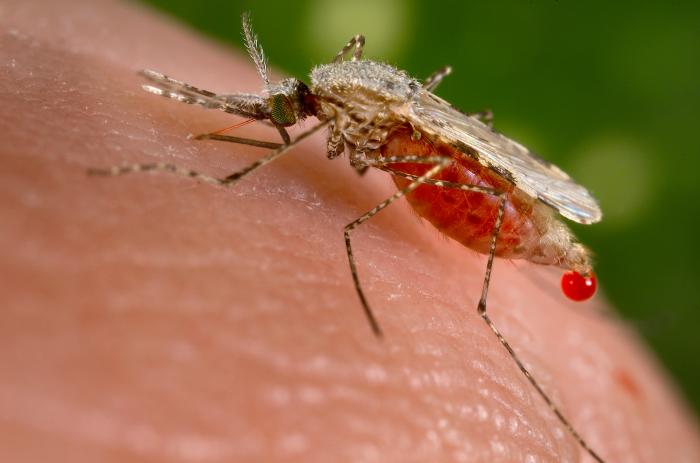
Researchers have found a gene that gives the malaria parasite safe harbor in mosquitoes.
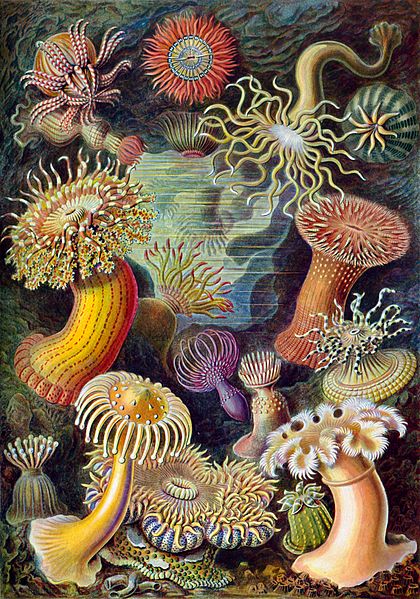
Some of the most useful medicines come from dangerous toxins found in nature.
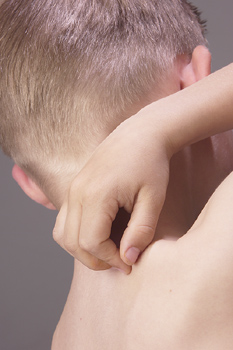
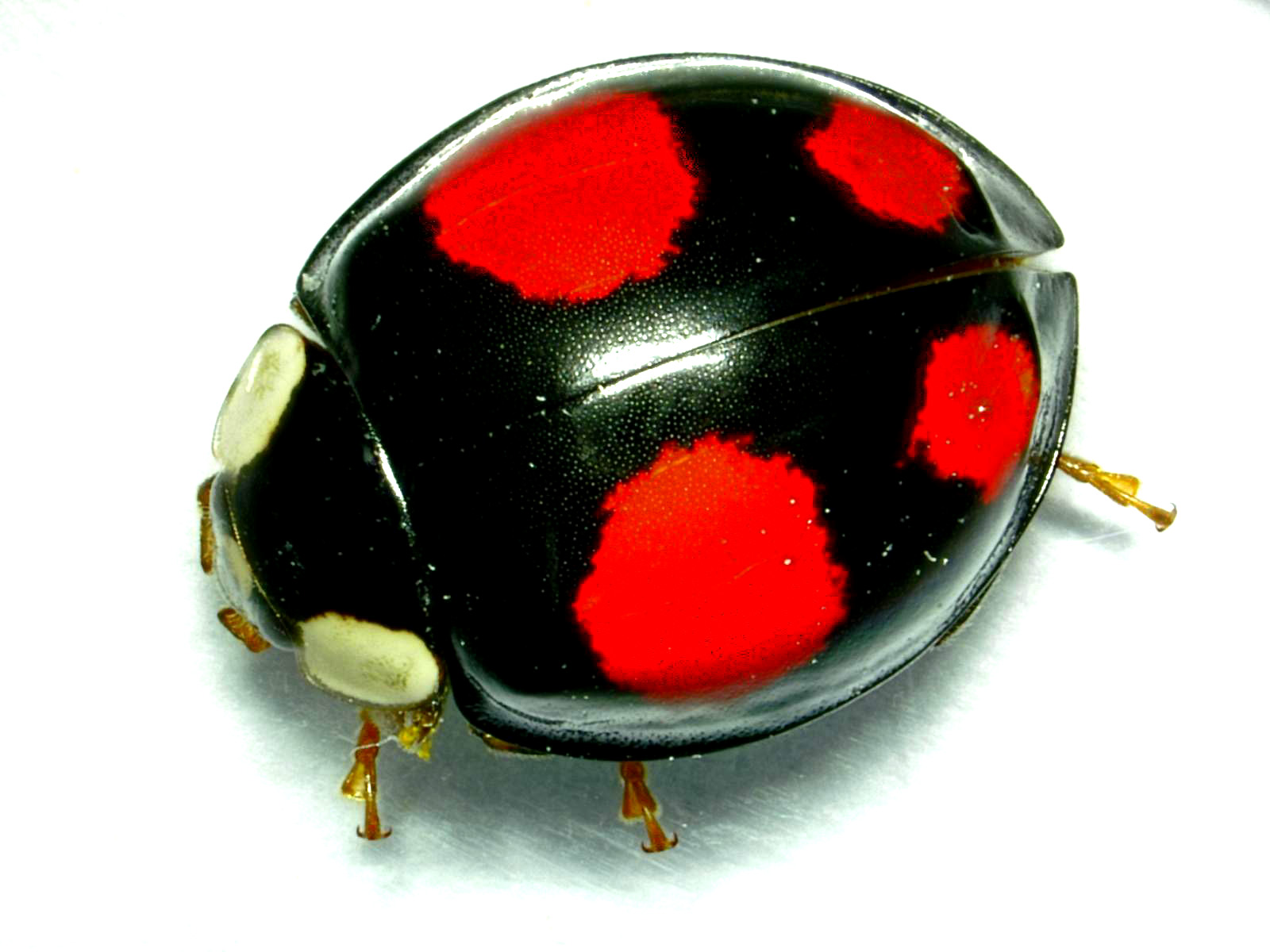
An invasive ladybird beetle kills off native species with microorganisms in its body.

Scientists have identified an enzyme that could be responsible for one of the rarest childhood diseases of all.
